🌍🚗 Thrilled to Have Participated in Dorset COP 24! 🚗🌍
Today, I had the incredible opportunity to contribute to the “Future Transport System in Dorset” workshop at Dorset COP 24. As an expert speaker, I joined Dorset and BCP Council representatives, local Transport Action Groups, the General Manager of More Bus, the Lead Director of Great British Railways and engaged community members to reimagine what Dorset’s transport landscape could look like over the next decade—and how we can achieve these changes sustainably.
During the session, I presented my research on complex urban road networks and traffic congestion spread, sparking insightful conversations on innovative, eco-friendly strategies that could reshape our local transport systems. After a dynamic Q&A with experts, I was invited to share my findings with the BCP Council’s Transportation Team and the Dorchester Transport Action Group in their upcoming meetings—a fantastic opportunity to see these ideas reach even wider audiences!

I’m feeling inspired and energized by the collaboration, insights, and shared commitment to a greener future for Dorset. Thank you, Lois Betts (BU Sustainability Manager), Joseph McMullen (BU Lecturer) for the invitation and support. Let’s keep pushing for sustainable progress! 🌱
Assemgul, PhD candidate, SciTech, Computing Department. Research title: “Complex Urban Road Networks: Static Structures and Dynamic Processes.”
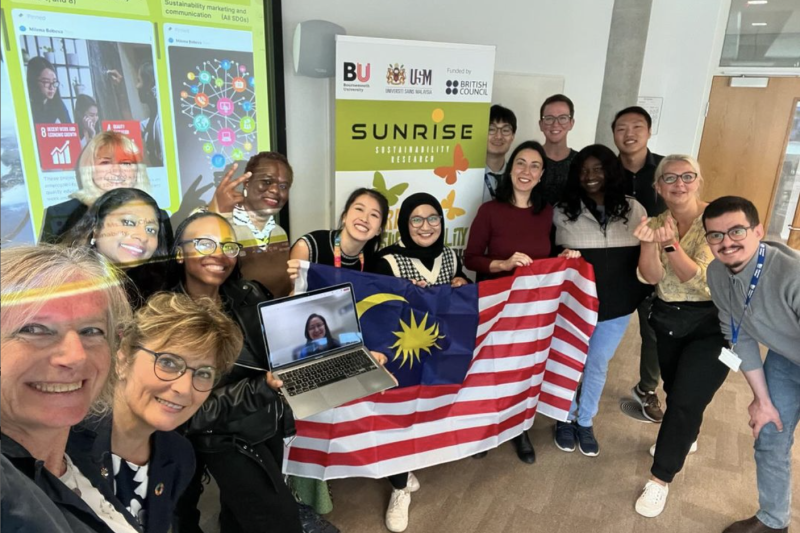 Some of the SUNRISE project team
Some of the SUNRISE project team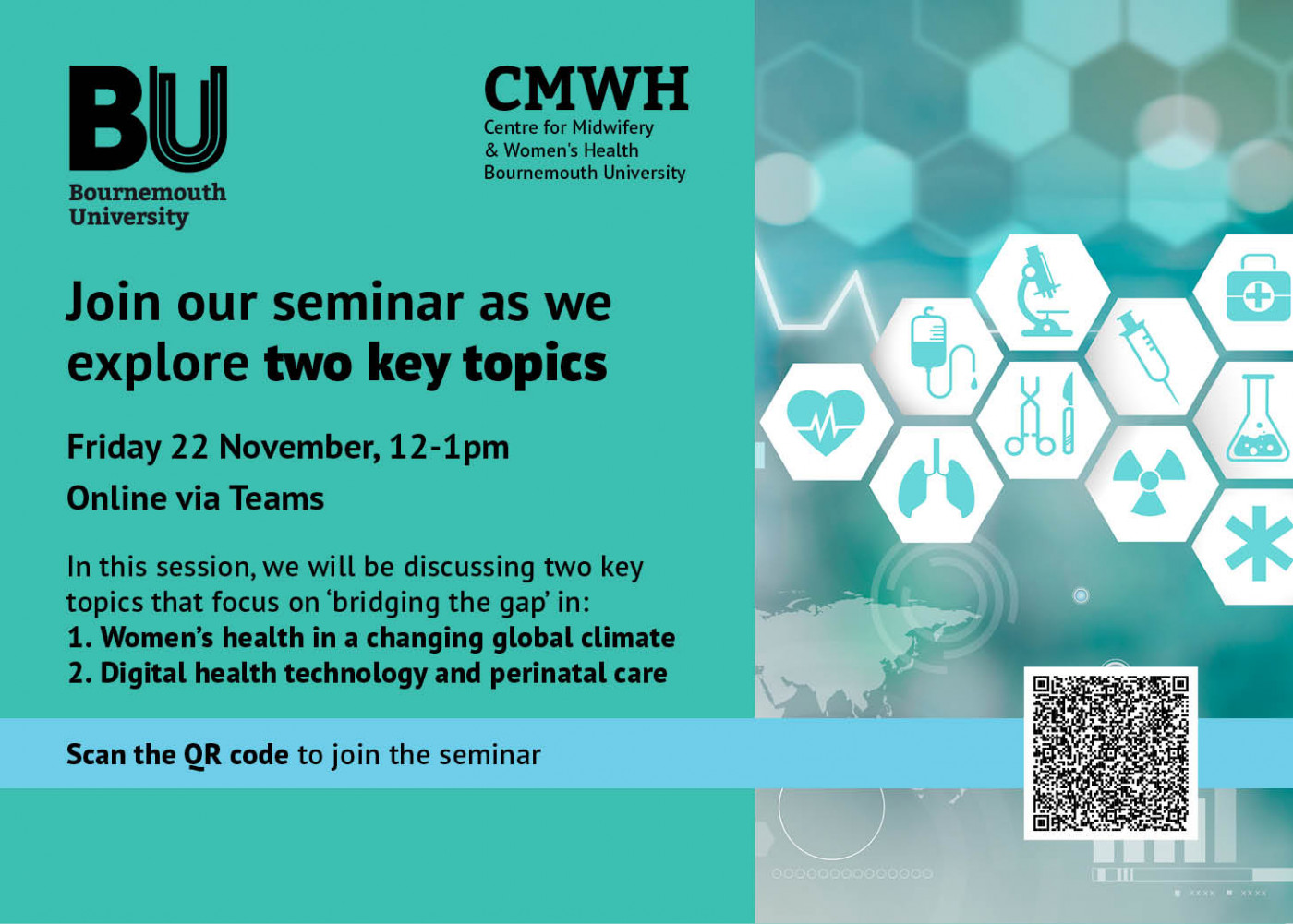

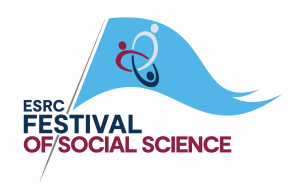
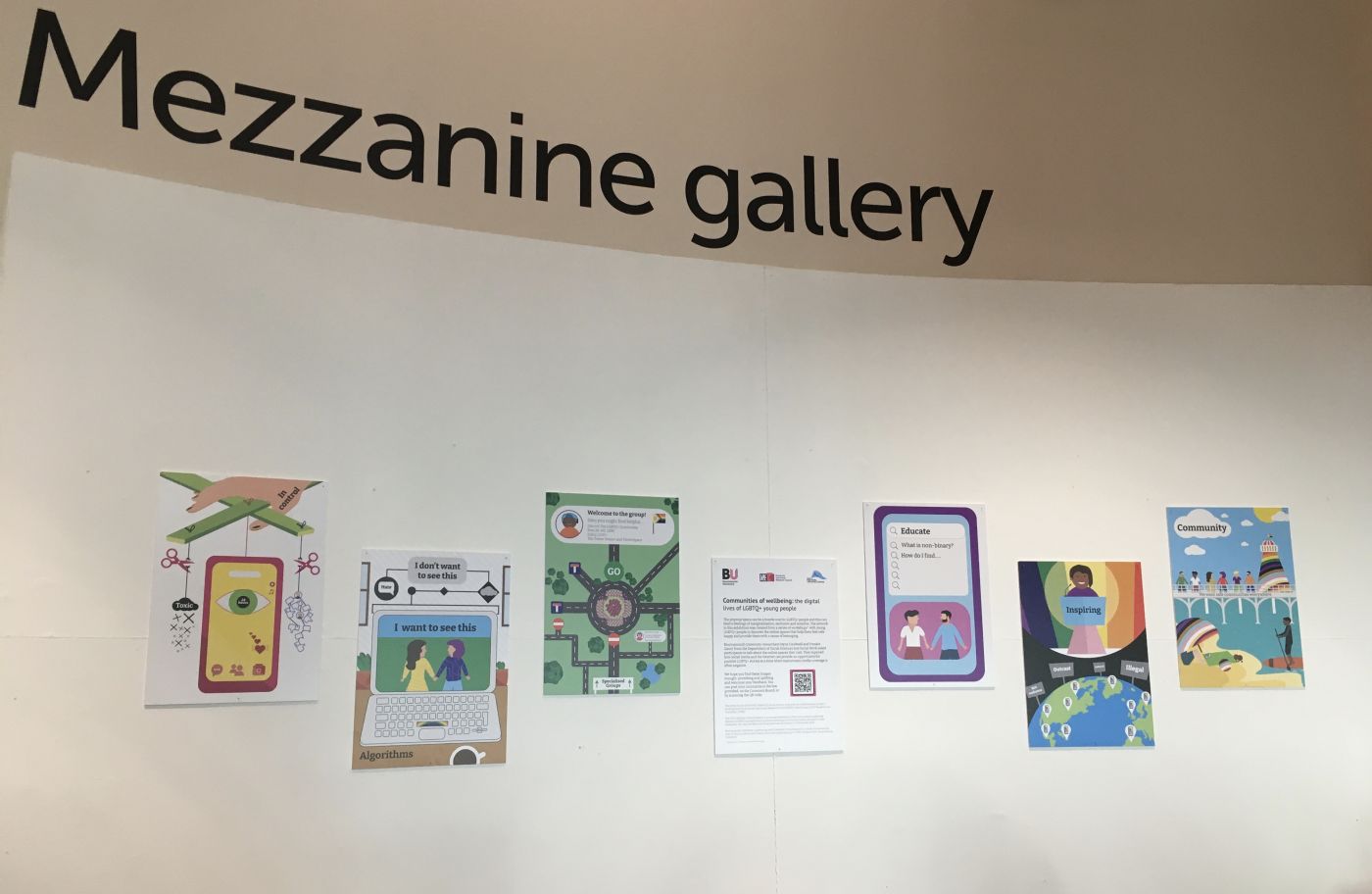
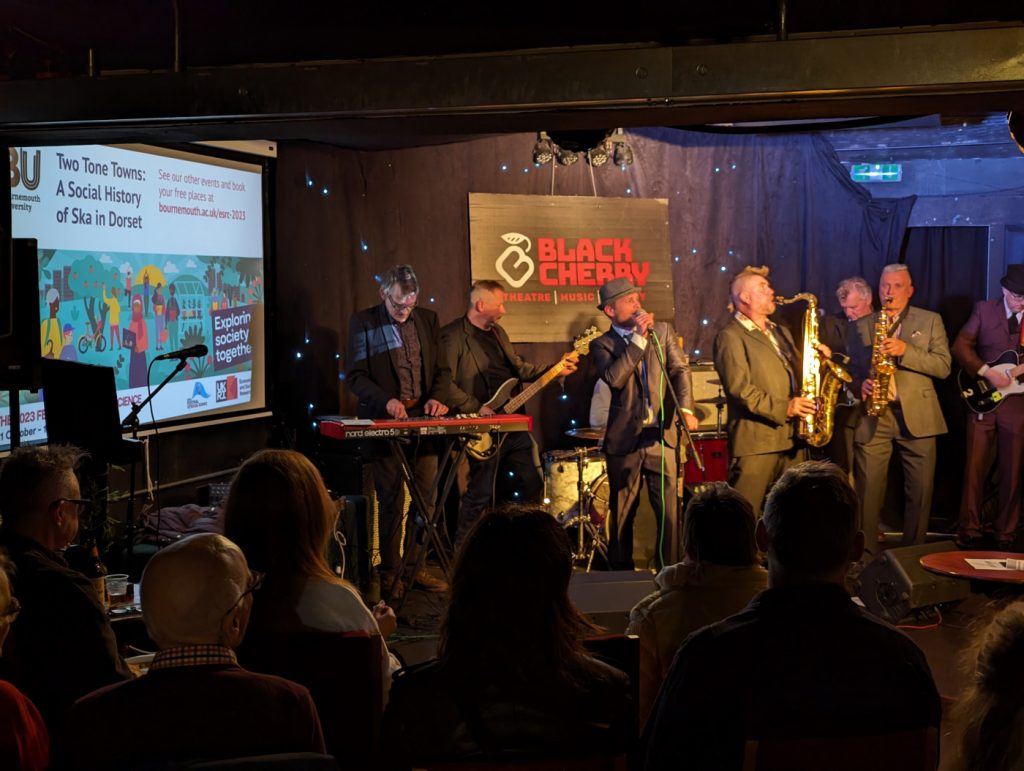
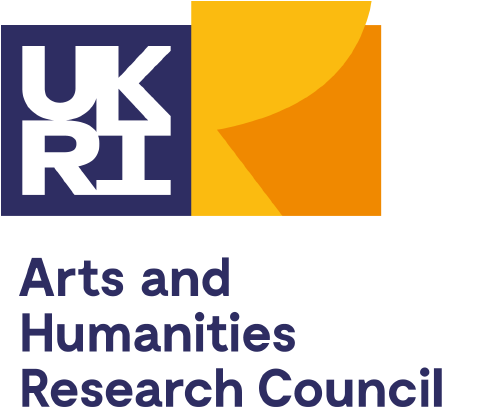

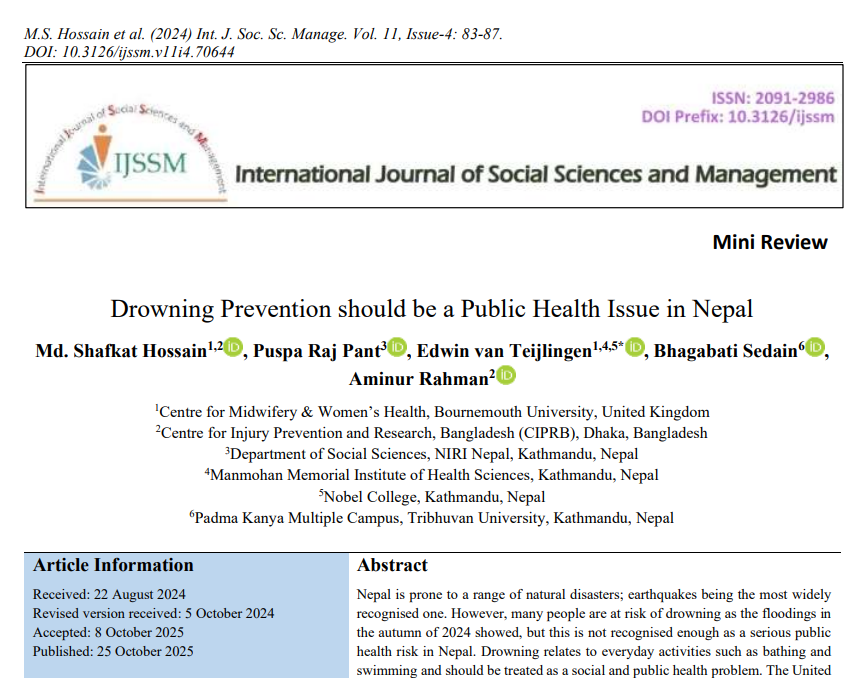
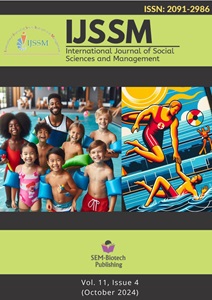

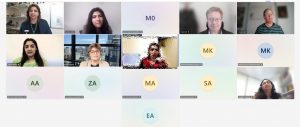
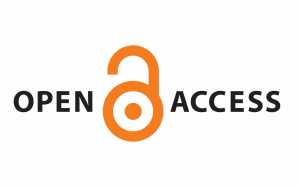 The REF (
The REF (


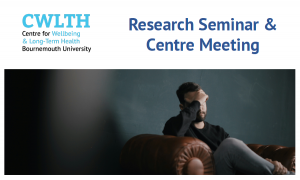











 SPROUT: From Sustainable Research to Sustainable Research Lives
SPROUT: From Sustainable Research to Sustainable Research Lives BRIAN upgrade and new look
BRIAN upgrade and new look Seeing the fruits of your labour in Bangladesh
Seeing the fruits of your labour in Bangladesh Exploring Embodied Research: Body Map Storytelling Workshop & Research Seminar
Exploring Embodied Research: Body Map Storytelling Workshop & Research Seminar Marking a Milestone: The Swash Channel Wreck Book Launch
Marking a Milestone: The Swash Channel Wreck Book Launch ECR Funding Open Call: Research Culture & Community Grant – Application Deadline Friday 12 December
ECR Funding Open Call: Research Culture & Community Grant – Application Deadline Friday 12 December MSCA Postdoctoral Fellowships 2025 Call
MSCA Postdoctoral Fellowships 2025 Call ERC Advanced Grant 2025 Webinar
ERC Advanced Grant 2025 Webinar Update on UKRO services
Update on UKRO services European research project exploring use of ‘virtual twins’ to better manage metabolic associated fatty liver disease
European research project exploring use of ‘virtual twins’ to better manage metabolic associated fatty liver disease